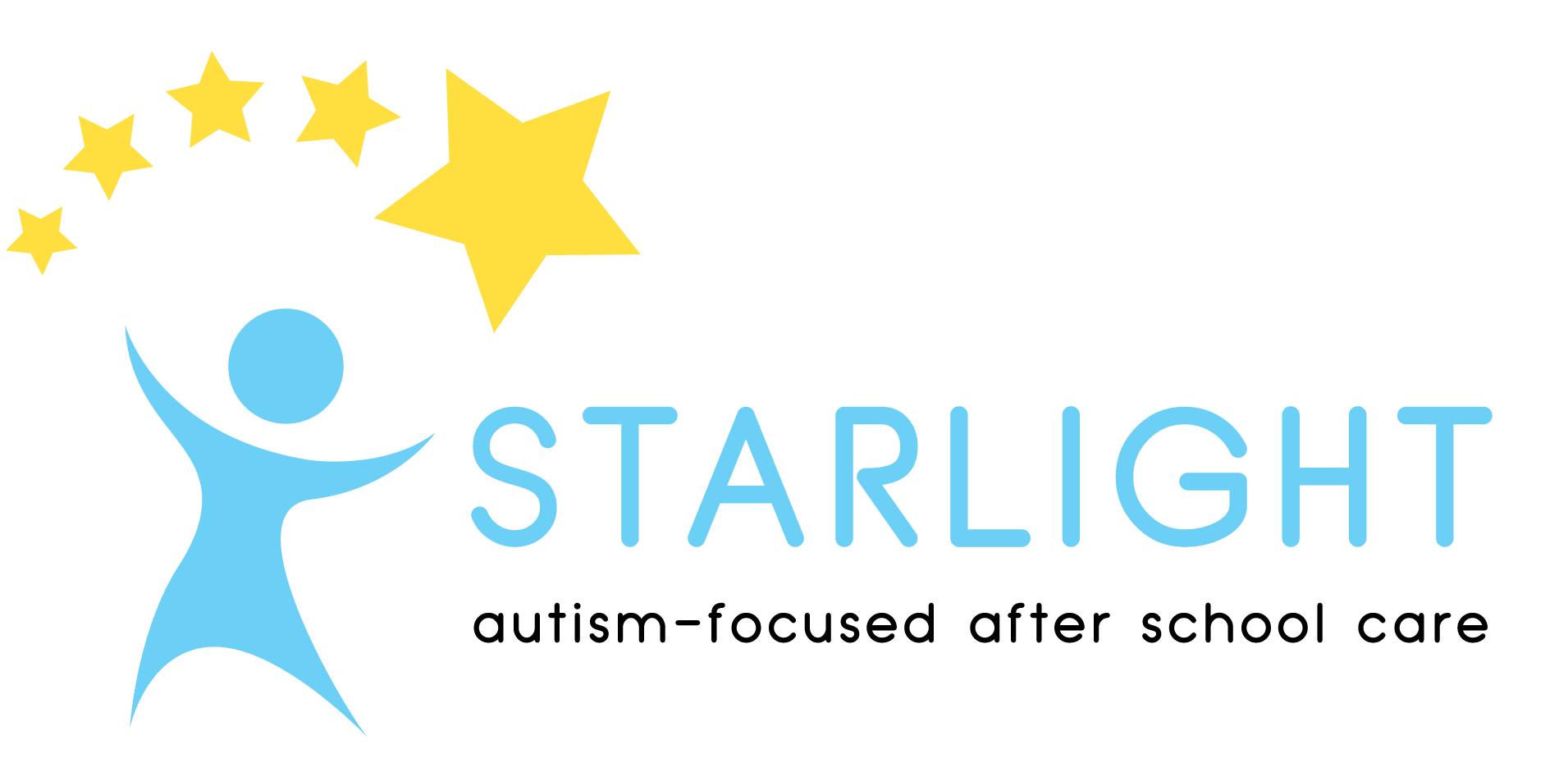An after school care for special needs student in Singapore

During our time with ISADD, they had many successful cases of students transitioning from near-zero verbal skills to a high-functioning autistic child entering mainstream education (Pathlight Primary School).
With the children transitioning to higher learning, they will need for more time to cater to the rigorous demand for school work outweighs the need for specialised behavioural therapy care.
However, the journey doesn’t stop there.
We soon realise there is a new gap we need to fill in. Specialise support for after-school care for special needs students in Singapore.

Transitioning is scary
Afterall, transitioning from child care to a school with a more extensive environment is stressful even for a neurotypical kid; it is worse if you are also suffering from sensory and speech delays.
That is why we always recommend parents go for Pathlight or another specialised school that knows how to deal with a child with special needs and not try for mainstream.
It is better for your child and yourself.
Not that specialised After school care for special needs
In Singapore, it is normal for kids to go for after school care services as parents are usually working. There are many after school care for normal kids, but finding one that provides specialised student care services for special needs kids is impossible.
There are some special needs after-school care services. Though they provide some comfort (for the parents) in taking care of your child while you are working, they are usually too overwhelmed to do other things besides ensuring their basic needs are well taken care of.
They further compounded the problem by accepting kids in all case scenarios, from Down syndrome to low-functioning kids with autism. You can see how the well-being of your high-functioning kids can go downhill from there. Regressing is a real issue here.
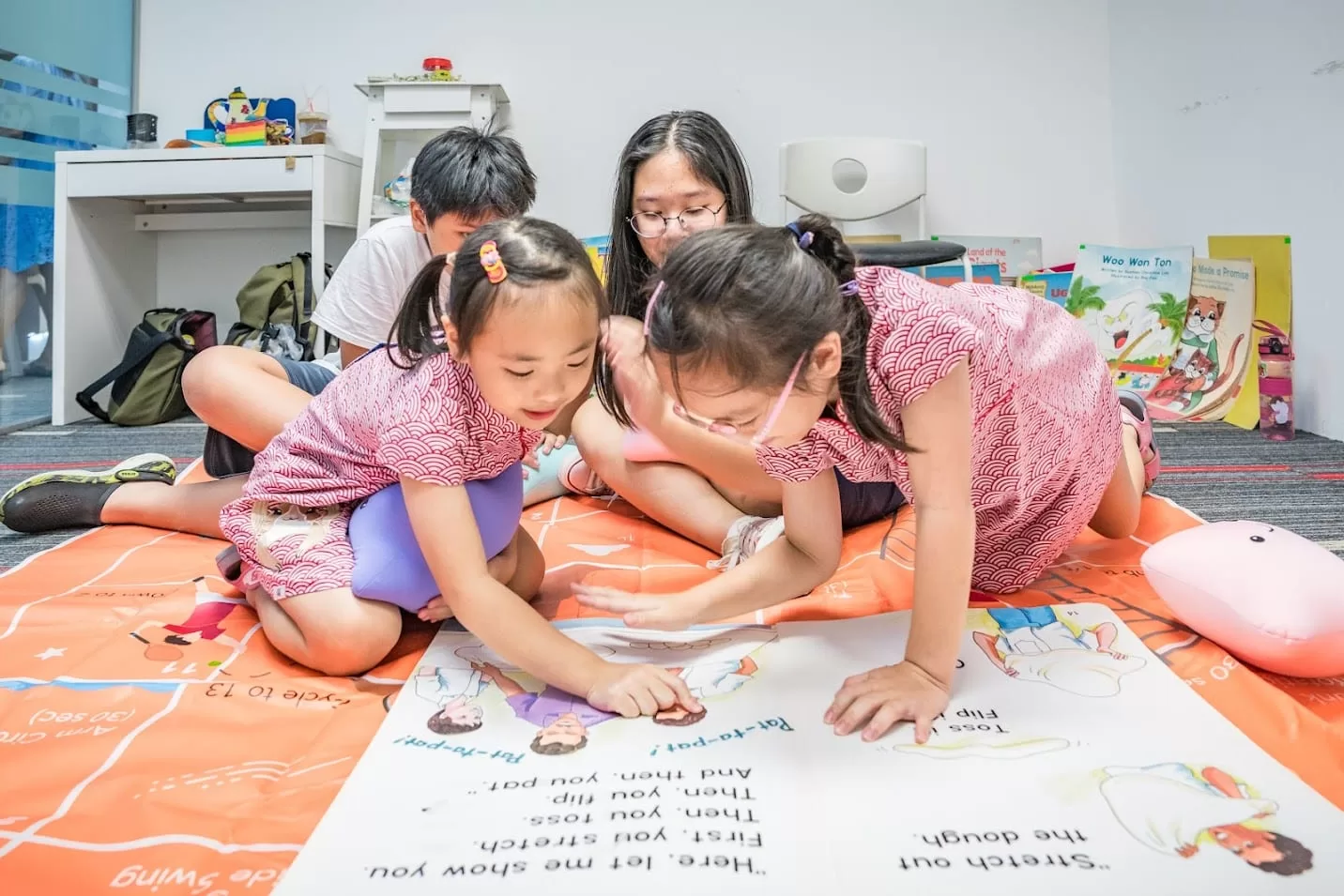
Starlight is born
We soon realised the child’s transitioning journey isn’t complete if we don’t continue to play a part in the child’s journey.
In the past, we adjusted their behaviour and did speech therapy when they were five. When they are 8 or 9, we need to teach them how to make friends and socialise when they are in school. Socialising is easy for normal kids, but it is not easy for a special needs child; human communication and understanding behaviour just isn’t natural to them.
On top of that, we need to provide school work support to ensure that they continue to do well and not suffer any stress, leading to mental health issues later on.

Starlight a specialised after school care for special needs children
On top of taking care of the child’s school work, we also incorporate activities that aim to improve your child’s social well-being, whether in school or working in the future. Click on the button below to find out more about our after school care services.
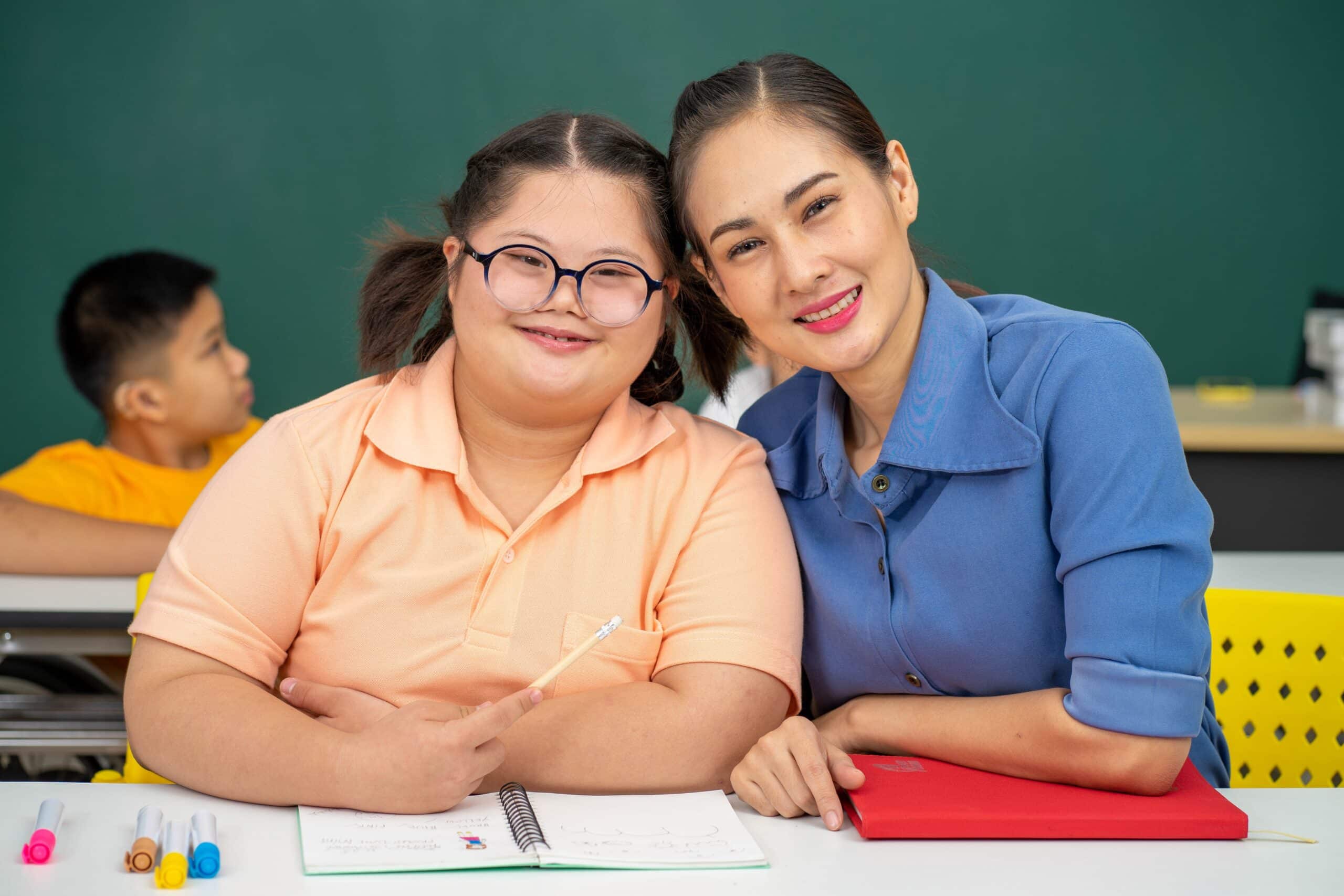
Social and Community Skills (SC)
Teaches learners how to follow social rules, identify safe people to talk to, set physical boundaries, deal with bullying, and use money safely and responsibly. We use role-playing, games, and group discussions to teach these skills, and we provide parents and caregivers with resources and support.
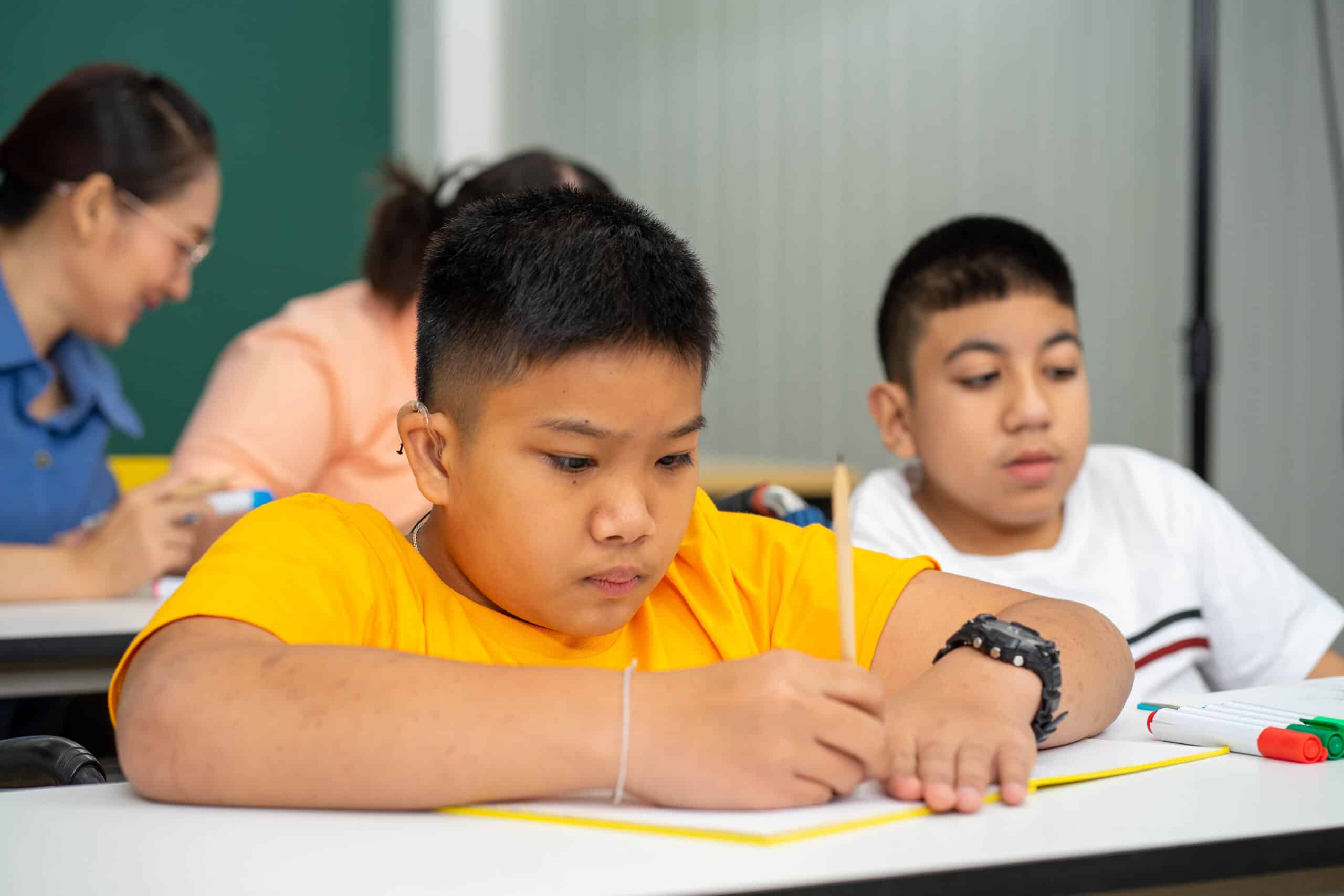
Friendship Skills (FS)
Teaches learners how to engage in age-appropriate activities with peers, start conversations, keep conversations going, and identify good friends. We teach learners how to find common interests with others, how to listen and ask questions, and how to read social cues. We also teach children how to resolve conflicts in a healthy way and how to be supportive friends.

Academic Skills Development & Learning Support (ADLS)
Support learners to effectively complete their daily homework, develop good learner repertoires (comprehension of target instructions, problem solving and asking for help when necessary etc.), revise subjects and prepare for tests, develop test-taking skills, set subject revision schedules, and to set academic goals. We believe that by developing these essential skills, we can help our learners to reach their full potential and achieve academic success.
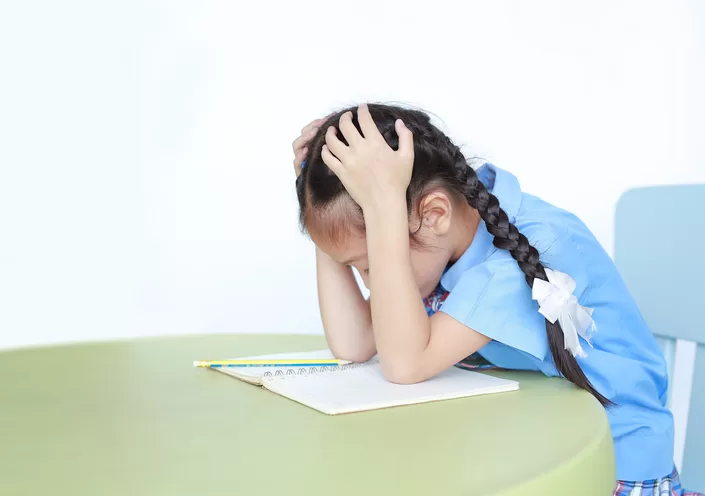
Emotion Recognition and Self-Management Skills (ERS)
Teaches learners how to identify their emotions through personal experience, sharing and journaling of significant events/emotions, role-playing and problem-solving emotionally evocative scenarios, and coping strategies such as journaling, reporting, creating, and accessing safe space
school hours
M-F: 1pm - 6:00pm
Address
20 Kramat Lane #05-05 Singapore 228773
Phone
+65 6589 8582
